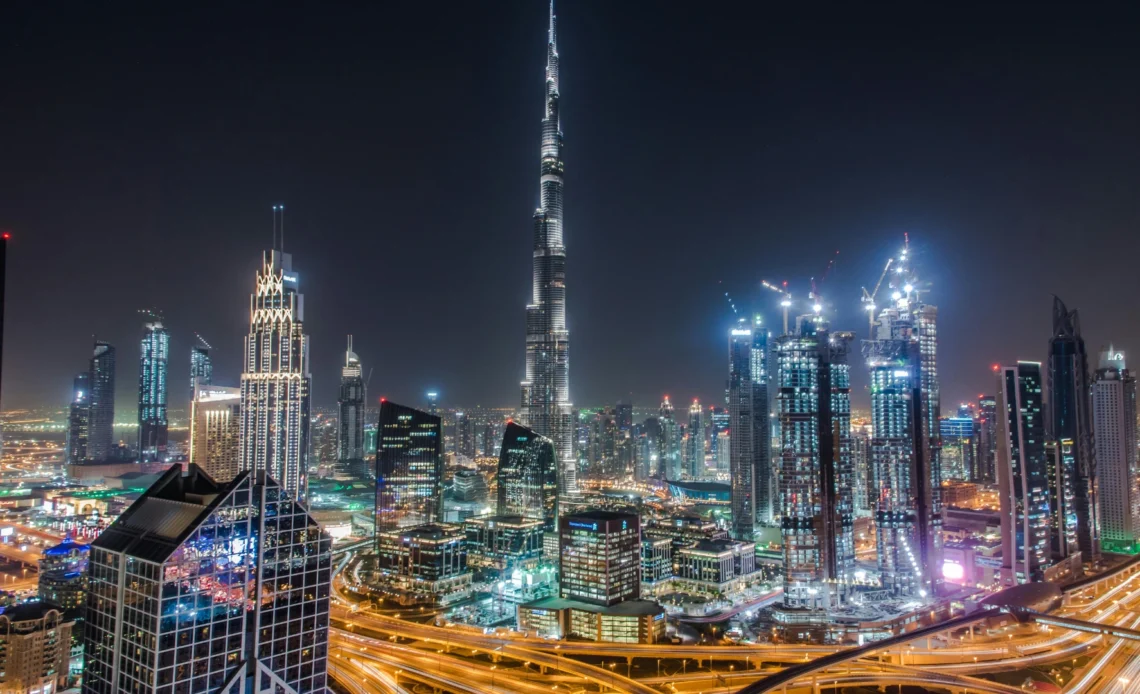Dubai has once again set its sights on the future with the approval of five major strategies that will shape the emirate’s trajectory over the next decade. Spearheaded by Sheikh Hamdan bin Mohammed bin Rashid Al Maktoum, these plans align with Dubai’s broader vision for growth and development under the Dubai Plan 2033 and the Dubai Social Agenda 33. The strategic initiatives span various sectors, including finance, transport, education, real estate, and heritage preservation, all aimed at ensuring Dubai remains a global leader in innovation and quality of life.
Dubai Cashless Strategy
As part of its commitment to becoming one of the world’s top five cashless cities by 2033, Dubai has rolled out its Cashless Strategy. This ambitious plan aims to increase digital transactions across the emirate, requiring all businesses to accept digital payments. The initiative is expected to inject an estimated Dh8 billion into the local economy, further solidifying Dubai’s position as a forward-thinking global financial hub.
Suspended Transport Network
In transportation, Dubai is taking a futuristic leap with a suspended transport system, aiming to automate 25% of all trips by 2030. This 65-kilometer network will feature sky pods gliding across the city, offering passengers a scenic and efficient mode of travel. The system will seamlessly integrate with existing public transport, enhancing connectivity and reducing congestion in the rapidly growing emirate.
Education and Real Estate Reforms
Education is also a key pillar of Dubai’s future strategy. The Education Strategy 2033 adopts a student-centric approach, positioning UAE students as some of the most competitive in the world. Vocational training and international accreditation will be prioritized to ensure students can thrive in a globalized economy.
The real estate sector is set to benefit from a new strategy aimed at boosting the value of transactions to Dh1 trillion by 2033. This includes measures to increase homeownership rates to 33% and elevate the contribution of real estate to Dubai’s GDP. The plan promises to enhance the emirate’s appeal as a prime destination for real estate investment.
Preserving Dubai’s Legacy
The Dubai National Archives Project, led by the Mohammed bin Rashid Library, is another major initiative. It seeks to preserve the emirate’s rich cultural heritage by documenting the achievements and history of the region. This effort ensures that future generations can learn from Dubai’s past while continuing to innovate for the future.
These five visionary strategies reflect Dubai’s relentless drive towards progress. By embracing technology and innovation across various sectors, the emirate aims to create a more connected, prosperous, and sustainable future.
Source: This article is based on information from Gulf News, Gulf Press, and Khaleej Times.
Key Highlights:
1. Dubai aims to become one of the top five cashless cities by 2033, contributing Dh8 billion to the economy.
2. A 65-kilometer suspended transport system is planned to automate 25% of trips by 2030.
3. The education and real estate strategies will enhance student competitiveness and raise real estate transactions to Dh1 trillion by 2033.
4. The Dubai National Archives Project will preserve the emirate’s historical achievements for future generations.




